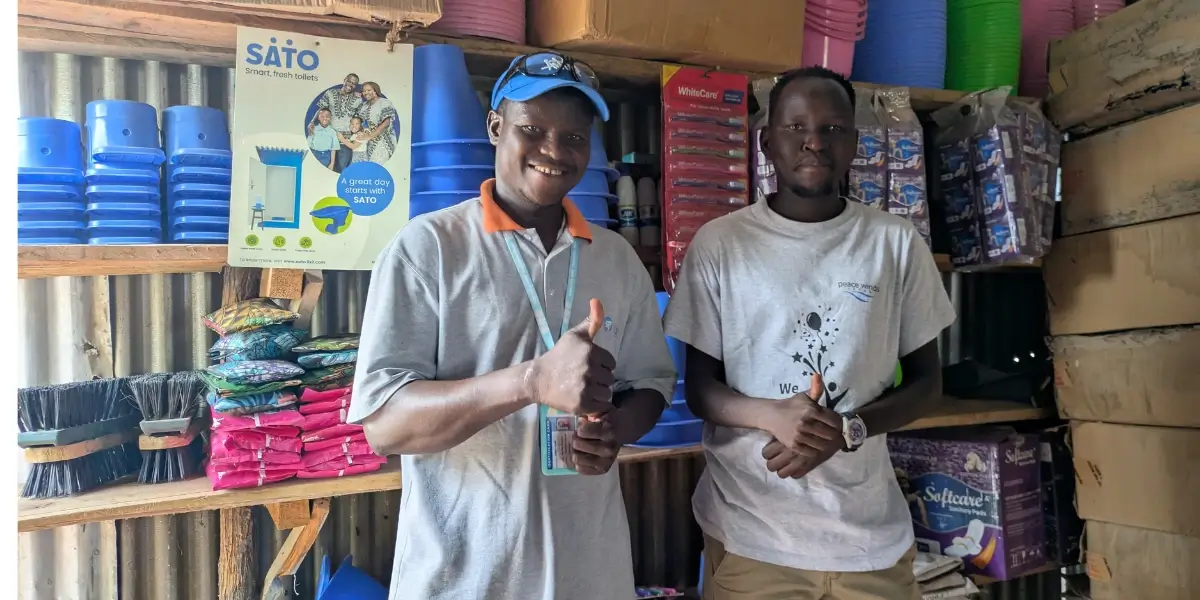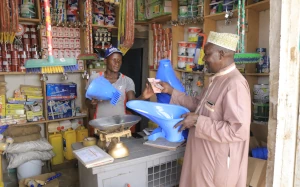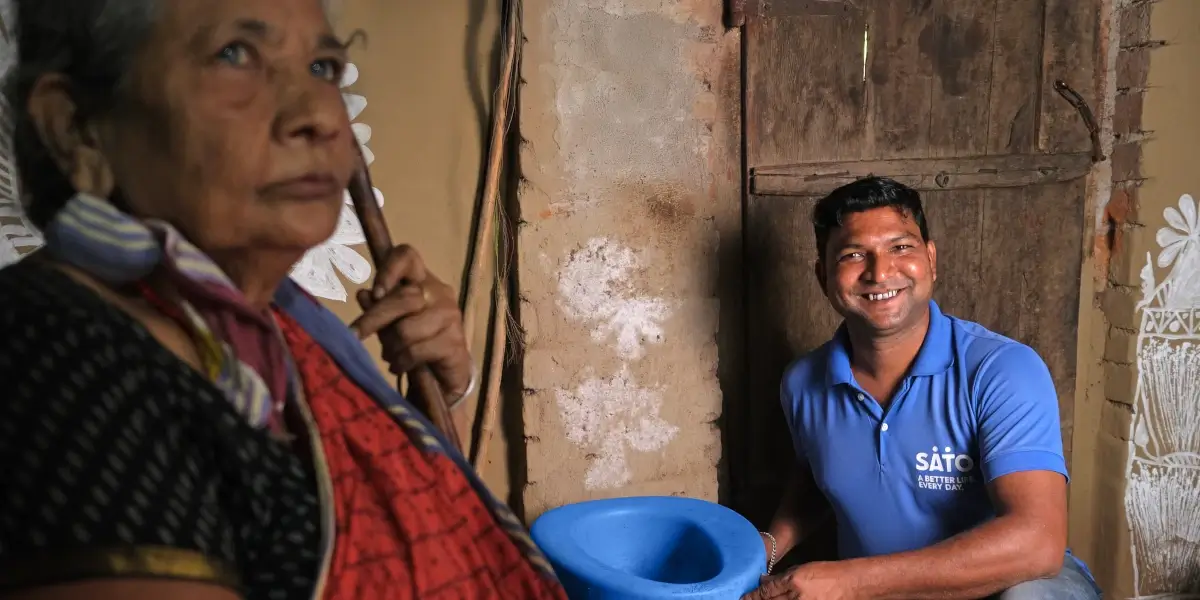
Why toilets should be a top business priority for 2024

By Samuel Langat, Leader, Africa at SATO
Across Nigeria’s business scene, there are fantastic areas of potential. In the years ahead, the grocery delivery market is expected to grow by 19% by 2028; the travel and tourism industry is expected to grow by 4% per annum by 2028; and the foodservice industry is expected to grow by 11% by 2029. These examples – and there are countless others – present tangible opportunities to drive economic growth in Nigeria. However, to realise this potential, we must ensure we prioritise the wellbeing of employees in one industry: agriculture.
In Nigeria, agriculture is the foundation of our economy. In the aforementioned industries, it supplies the food that can be sold through retail channels or the ingredients that are transformed into exciting meals in hotels and restaurants across the country. It all starts with rural businesses, and because so many industries are underpinned by agriculture, most companies in Nigeria should have a vested industry in the individuals that make up the supply chains that serve them.
Yet, according to the Federal Ministry of Water Resources, people in rural areas are often without access to sanitation making them four times more likely to practise open defecation than those living in urban areas.
This lack of proper sanitation poses severe health risks, not only to workers but also to the wider rural communities through the contamination of water sources and food products. Diseases such as cholera, typhoid, and dysentery can become rampant, affecting the workforce’s health and, consequently, the productivity and profitability of the business.
Prioritising the sanitation needs of rural employees means massive improvements for both the economy and for businesses. Safe and reliable sanitation has a direct and significant positive impact on productivity. It means fewer people get ill, which reduces absenteeism and improves work capacity. Secondly, proper sanitation can protect businesses from reputational damage, which can impact relations with customers, suppliers, and investors. In an era where consumers are increasingly conscious of the ethical aspects of production, including worker welfare, prioritising sanitation means avoiding boycotts and negative publicity. There are further financial implications, including gaining contracts from national and international partners that have stringent health and safety standards and must follow national and international health regulations.
African Union has estimated that every US$1 invested in sanitation returns US$7 in value. [1] Few investments that any business can make will provide such exceptional returns, so it is shocking that so many Nigerian farms and agricultural businesses leave this potential growth on the table. The prioritisation of sanitation and hygiene must be at the forefront of business planning and investment in 2024. In the minds of Nigerian business leaders, decisions around safe hygiene and sanitation need to shift from being a matter of obligations and compliance to being strategic business decisions and financial investments that ensure long-term sustainable growth. Investing in sanitation is cost- effective in the long term, reducing healthcare costs and improving worker efficiency and satisfaction. Safe toilets and proper sanitation facilities are therefore not just a basic human right; they are fundamental to the health and productivity of a workforce and, by extension, to the financial success and reputation of the business.
The fact that the government’s goal of increased agricultural production aligns with business growth objectives is an important opportunity for those within the industry. But, to take full advantage of this situation, businesses must take the lead in safe sanitation and hygiene investment. The influence of this action on the economy would be transformative, creating a virtuous cycle where businesses can continue to capitalise on their investment.
The importance of proper sanitation for rural and agricultural businesses in Nigeria cannot be overstated for both businesses and the economy. As the country moves forward, safe toilets and adequate sanitation facilities must be recognised as essential to the economic and social well-being of the nation. Making this a top business priority in 2024 is not just about mitigating health risks—it’s about ensuring the sustainability and growth of Nigeria’s agricultural sector, safeguarding the health and productivity of its workforce, and securing the nation’s economic future.
[1] African Union, 2023 (https://au.int/en/pressreleases/20230329/global-leaders-say-africa-can-achieve-water-security-2030-present-three)
WANT TO STAY UP TO DATE?
Subscribe to our newsletter to stay on top of the latest news, views, and stories from on the ground.
The easiest way to do this is to sign-up for our LinkedIn newsletter here. We'll then send you a bi-monthly letter from our Leader, Erin McCusker.

Similar articles
While global in scope our stories are local at heart.



 Copyright © LIXIL 2026
Copyright © LIXIL 2026